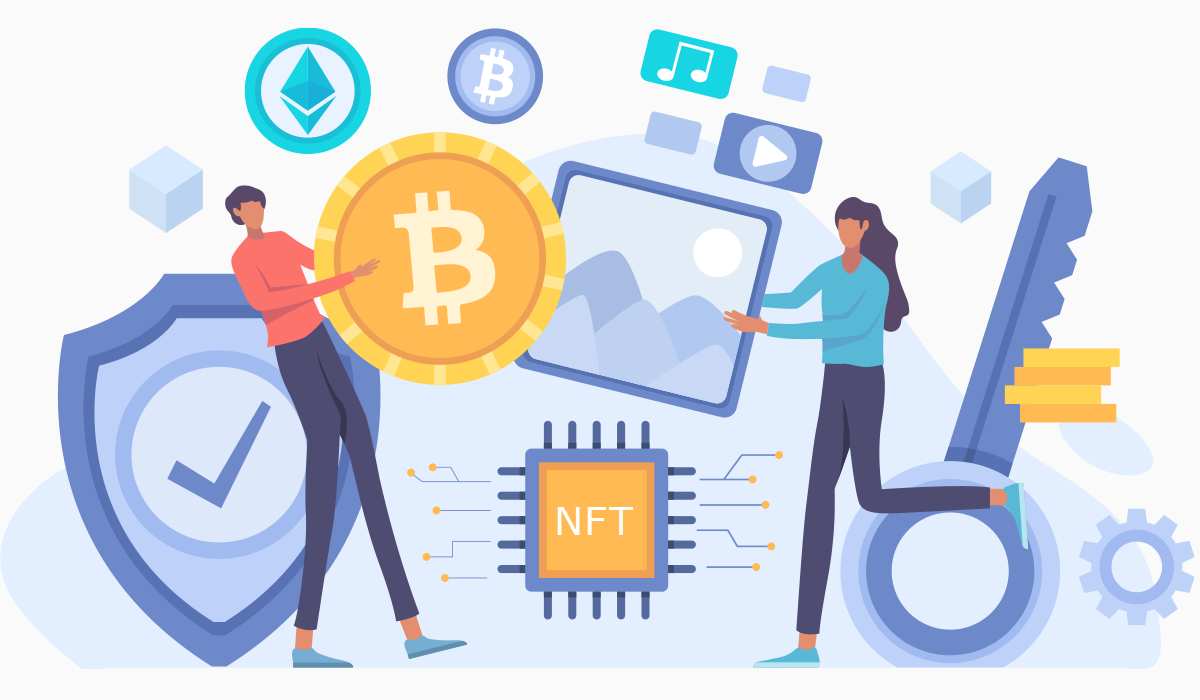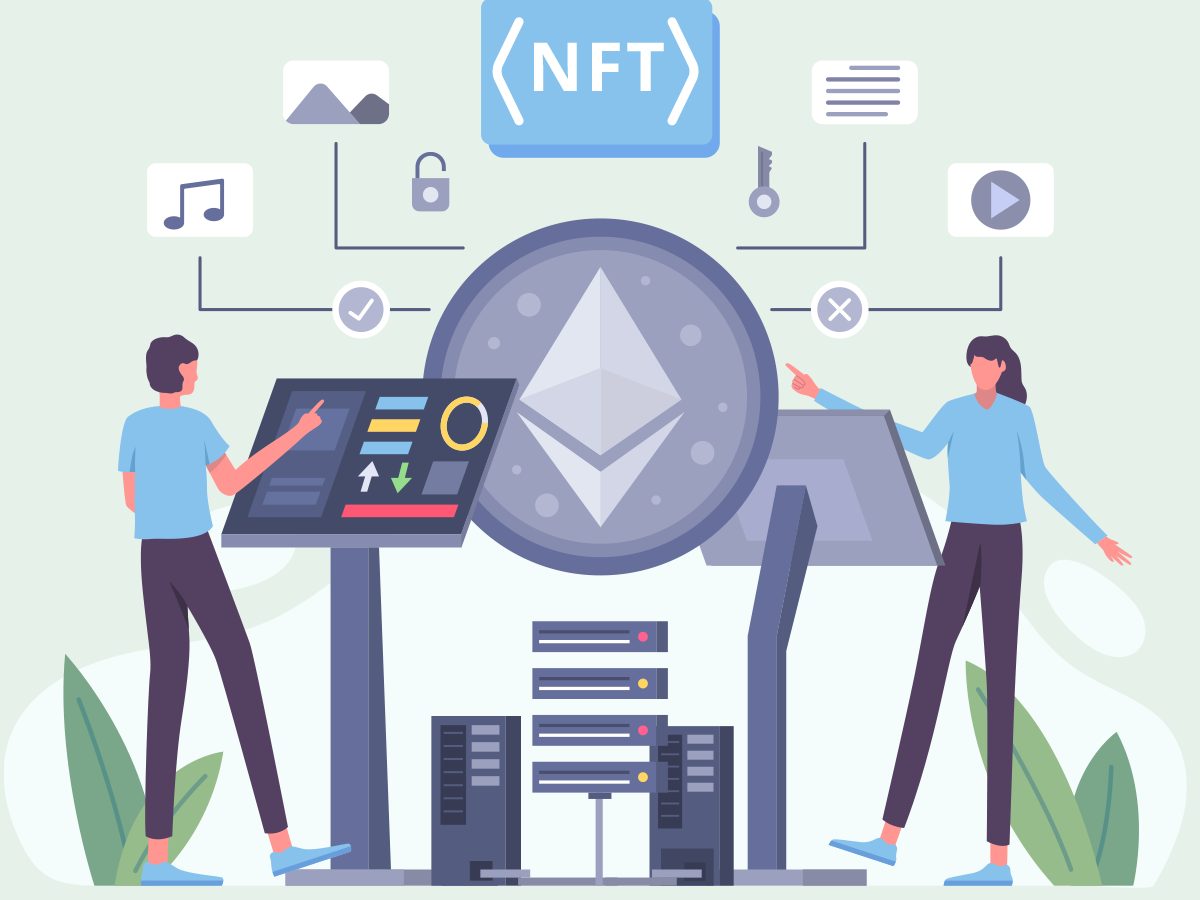Belaws Home ›› Thailand ›› Blog ›› What is the current scope of regulations relating to Blockchain in Thailand today?
Juridique
What is the current scope of regulations relating to Blockchain in Thailand today?
Thailand was one of the very first countries to regulate blockchain/Crypto with its first set of decrees coming in early 2018. The most notable element was the establishment of an ICO portal under the regulations of the SEC.
The current laws for regulating Cryptocurrencies and ICOs in Thailand are the Emergency Decree on the Digital Asset Businesses B.E. 2561 (C.E. 2018) (“Digital Asset Businesses Decree”) and the Emergency Decree on the Amendment of the Revenue Code (No. 19) B.E. 2561 (C.E. 2018) (“Amendment of the Revenue Code Decree”).
How do these new laws affect Blockchain?
The Emergency Decree on Digital Asset Businesses B.E. 2561 covers the following areas
Offering of Digital Tokens
- Digital Tokens
- Cryptocurrencies
- Issuers
- ICO Portals
Digital Asset Businesses
- Digital Asset Exchange
- Digital Asset Broker
- Digital Asset Dealer
The Emergency Decree on the Amendment of the Revenue Code (No. 19) B.E. 2561 deals with
New types of income
- A share of profit or any benefit derived from holding or having possession of digital tokens
- Capital gains from the transfer of cryptocurrencies or digital tokens
Impose Withholding Tax obligations
Anti Money Laundering
In order to combat the rise in popularity of Cryptocurrencies, Thailand’s Anti-Money Laundering Office (AMLO) is planning to amend the existing Money Laundering Laws. Currently the draft regulations are passing through Parliament and await full approval.
The revised Anti-Money Laundering Laws in Thailand plan to:
- Include Cryptocurrency in the current anti-money laundering systems.
- Establish a mandatory clause requiring abnormal behavior to be reported to the AMLO.
- Establish a set of legal standards for Cryptocurrency transaction service providers to adhere to.
What has changed / what is currently changing?
The Thai government is placing a heavy emphasis on the Thailand 4.0 Driver i.e promoting a value-based economy which focuses on R&D, science and technology, creative thinking, and innovation.
With that in mind, new regulations and guidelines have been introduced to properly regulate Blockchain in Thailand.
Previously, Crypto exchanges were able to fly under the SEC radar, but with these new regulations, it seems as though Thailand is starting to turn its attention more to cryptocurrencies and digital assets.
Regulation of digital asset portfolios managers
In early 2021, the Thai Securities and Exchange Commission (SEC) issued some new regulations to regulate digital asset portfolios managers.
A ‘digital asset investment adviser’ is someone who gives advice pertaining to “Cryptocurrency or digital token trading to customers and receives remuneration for their services.”
Managers and investment advisers are legally required to obtain a licence
From February 24 2021, crypto fund managers and investment advisers are legally required to apply for a licence to continue their businesses. Previously, money managers trading assets such as cryptocurrencies were not subject to SEC supervision.
Revision of the SECS Net Capital (NC) rules
Further examples of Thailand and the SEC embracing Cryptocurrencies can be seen through the revision of the SECS net capital (NC) rules. These revisions have been designed to support the increased volume of digital asset trading.
The revision of the NC rules were made to help free up liquidity for securities firms that plan to enter new business such as open digital or cryptocurrency exchanges. Along with this announcement, the SEC stated that they will now allow securities companies that operate digital businesses capable of carrying digital assets in various forms such as cryptocurrency and other digital assets to calculate the NC funds with the value of these digital assets.
What does the potential introduction of Central Bank Digital Currencies (CBDC) mean for the crypto world?
A Central Bank Digital Currency (CBDC), also known as digital FIAT currencies, makes use of digital tokens to represent a FIAT currency in virtual form.
A CBDC is centralized; it is both issued and regulated by the monetary authority of the country e.g. the Bank of Thailand. The particular central bank who operates the CBDC will be solely liable for its operations and will be backed by monetary reserves such as gold or foreign currencies.
Since the CBDC will form part of the Central Bank’s securities, it will work alongside other forms of regulated money, like coins, bills, notes, and bonds.
Each CBDC unit will essentially be an equivalent to a physical paper bill and can be used as a mode of payment. Much like a physical paper note which has a unique serial number, each CBDC unit will also be individually distinguishable to prevent imitation.
CBDC aims to bring in the best of both the Blockchain and regulated physical monetary worlds i.e. merging the convenience and security of Cryptocurrencies, and the regulated, reserved-backed money circulation of the traditional securities.
The Bank of England (BOE) was the first monetary authority to make a CBDC proposal. Now other nations such as China, Canada, Uruguay, Thailand, Venezuela, Sweden, and Singapore, are considering the introduction of a central bank-issued digital currency.
At this moment intime, China is leading the world in developing a national digital currency, The People’s Bank of China (PBOC) has launched the digital Yuan, a so-called central bank digital currency (CBDC). The PBOC aims to replace some of the cash in circulation with the digital Yuan.
Is CBDC a threat to Cryptocurrencies?
It is unlikely that CBDC will be a major threat to Bitcoin. Firstly, Cryptocurrencies and CBDCs are very different things, with the former being of fixed supply while the latter are backed by physical FIAT currencies.
Secondly, The investment bank, Morgan Stanley believes that both cryptocurrencies and CBDC can coexist as they serve different purposes and have different appeals.
An example of this would be that cryptocurrencies can be considered both a store of value, much like gold, and a speculative asset as well. CBDC on the other hand is simply a digital version of a physical currency and doesn’t possess these characteristics.
Cryptocurrencies are also decentralized. That means that it is not controlled by any central banks, unlike, for example, the digital yuan which will be issued by the PBOC. This is a significant advantage.
Supporters of Cryptocurrencies see this decentralization and the anonymity this provides as a major advantage.
CBDC is also a new idea that is still a very long way from being fully implemented. While China is clearly at the most advanced stage and conducting tests, the project is still at an early stage. No legal frameworks and legislation has been drawn up to govern any CBDC.
Other countries are even further behind China which means it will probably take a very long time for CBDCs to be fully released as a true alternative to cash and cryptocurrencies.
In conclusion
With the introduction of the Emergency Decrees on Digital Asset Businesses & Amendment of the Revenue Code, Thailand has begun to increase the regulation of blockchain activity in the country. This is further seen through the new Regulations of digital asset portfolios managers.
While these regulations may be seen as Thailand clamping down on blockchain, it could also be argued that the country is embracing it. The increasing number of blockchain exchanges appearing, highlights Thailand’s position as a leading blockchain market.
The purpose of this call is to provide with you the necessary information to obtain a Visa for Thailand and outline how Thai Visa Belaws can assist you.
Thai Visa Belaws offers the following Visa services in Thailand: Visas (new applications and renewals), Work Permits and Extensions of Stay.
Based on your current situation and your future plans, we’ll advise you on the best options available to you.
The service is provided by a Thai immigration expert fluent in English.
30 mn
Web conferencing details provided upon confirmation
$30 USD
Ouvert du Lundi au Vendredi
9h - 18h (Heure de Paris + 6h)

















